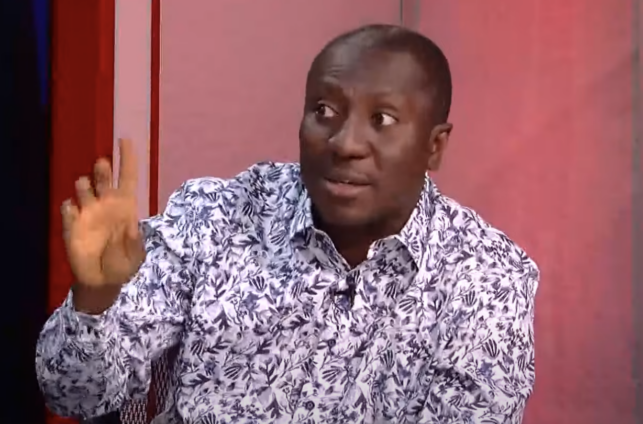adverts
Minority Leader and Member of Parliament for Effutu, Alexander Afenyo-Markin, has renewed calls for Ghanaian languages to be taught in international schools across the country, saying it is a crucial step toward promoting cultural pride, national identity, and Ghana’s global image.
Speaking on JoyNews’ PM Express on October 27, Mr Afenyo-Markin revealed that he had first raised the issue in Parliament in 2018, but it was largely ignored at the time. He said the initiative, if implemented, would help both locals and expatriates appreciate Ghana’s diverse culture and linguistic heritage.
“I think I raised this thing in 2018 in Parliament, but nobody really listened,” he said. “All the international schools in Ghana—we have diplomats coming in. They want to take something away from Ghana. None of the international schools has as part of its teaching curriculum a Ghanaian language.”
adverts
The Effutu MP proposed that international schools operating in Ghana should be encouraged—not compelled—to teach at least one Ghanaian language, such as Twi, Ga, Ewe, Dagbani, or Effutu.
According to him, doing so would enrich the educational experience of expatriate children, allowing them to connect more meaningfully with their host country during their stay.
“At least the international schools should be encouraged. Though they have their independence and all, they have to factor in our culture and say, ‘Look, pick a Ghanaian language so that the child will learn.’ Especially those who come here as short-term diplomats or expatriates, staying in Ghana for five or ten years — it would be a source of pride for that child to say, ‘I lived in Ghana when I was a little boy, and I can speak Twi, Ga, Ewe, Hausa, Dagbani, or Efutu,’” he explained.
Mr Afenyo-Markin emphasised that promoting local languages through international education is not merely a cultural gesture but also a strategic move to boost Ghana’s global appeal and investment potential.
“It’s how to sell the country,” he noted. “We should not look at it differently, and I pray that the respected Minister of Tourism will take this up seriously. It’s something that we can do.”
He added that investors often consider culture, language, and local identity when deciding where to do business. Therefore, projecting Ghana’s culture through education could make the country more attractive to global partners.
“When we say investment, bringing investment to Ghana, it’s not just about policy documents. People consider all manner of things before they decide where to put their money,” he said.
The Minority Leader further highlighted Ghana’s strong reputation within the West African sub-region, stressing that it must be preserved and enhanced through cultural initiatives such as language promotion.
“Within the sub-region, we’re really advanced,” he said. “Today, the Ugandan opposition visited me, and the way they were talking about Ghana—I don’t think we Ghanaians even talk about our country the way they see us. They’re so happy to say, ‘You guys have achieved so much,’ and they’re proud of us.”
Mr Afenyo-Markin argued that embracing local languages in education could also create economic opportunities, especially in areas such as tourism, media, translation, and creative industries.
“If we get the parameters right — the little, little variables that can sell the country — and rally around them, we should be able to create jobs and opportunities for our people,” he stated.
His comments come at a time when Education Minister Haruna Iddrisu has directed the Ghana Education Service (GES) to enforce the use of mother tongue instruction in all Ghanaian schools. The directive forms part of ongoing reforms aimed at strengthening local language education and cultural identity in the national curriculum.
Afenyo-Markin’s renewed advocacy aligns with this broader national effort to ensure that Ghana’s cultural heritage remains central to its education system, even as the country continues to integrate into the global academic space.
“We must be proud of who we are,” he emphasised. “Our languages define us, our culture sells us, and our education system must reflect that.”
Click the link Puretvonline.com | WhatsApp Channel to join the WhatsApp channel
GOT A STORY?
Contact/WhatsApp: +233243201960 or manuelnkansah33@gmail.com


